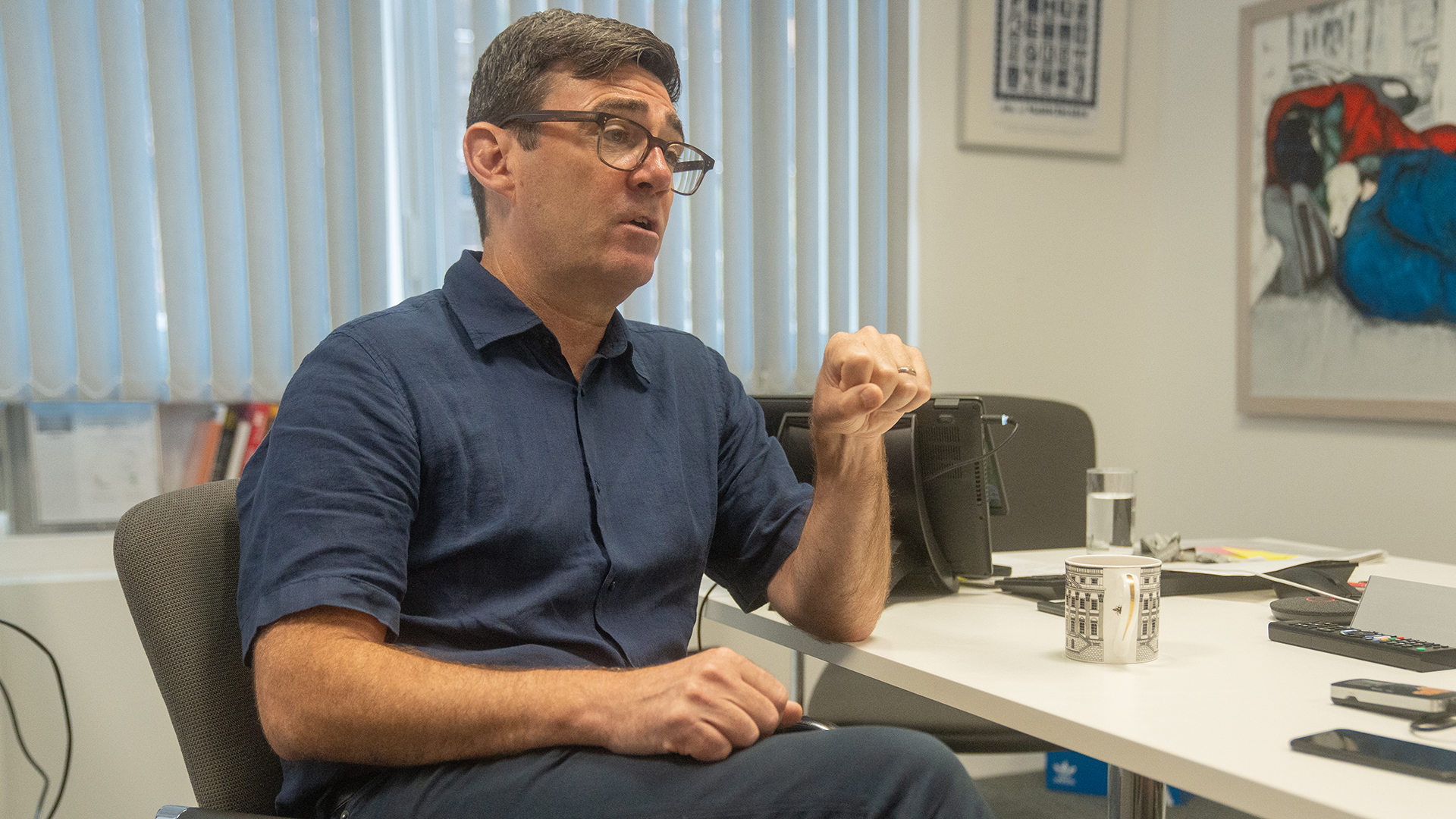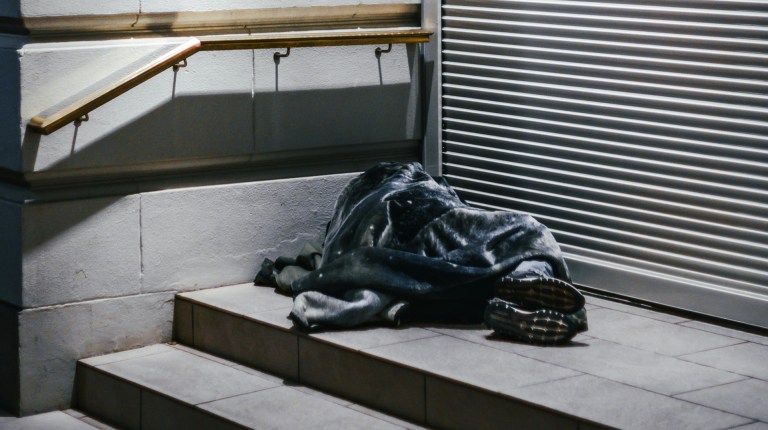“The truth is, when we get housing right, we also potentially save billions in public money currently spent dealing with the social crises that come from poor housing situations.”
Membership will be voluntary, but will come with benefits to landlords, including support and funding from the Greater Manchester Combined Authority.
All tenants, regardless of whether their landlord is a member, will have the right to request a home inspection under the new Greater Manchester Property Check scheme if they have experienced neglect. Local authorities will be supported with £3.5 million in funding to carry out the checks.
This will be accompanied by the instatement of 25 new enforcement officers and greater enforcement capabilities, enabling authorities to take stronger action against landlords who fail to provide their tenants with safe, liveable homes.
Burnham has long voiced a commitment to ending homelessness in the region and has spearheaded A Bed Every Night, a scheme that provides 600 beds, mostly in single occupancy rooms to which people can return while they are using the service, and support to people experiencing street homelessness – including people with pets.
This is part of a three-year Housing First pilot that aims to provide accommodation to anyone experiencing or at risk of homelessness. “It’s not a project, it’s a philosophy,” said Burnham, who recently visited Finland to see Housing First in action. “If you don’t give people good homes… you can’t give them good health and they can’t have good lives.”
Advertising helps fund Big Issue’s mission to end poverty
The charter aims, in part, to assist people in moving from emergency to permanent accommodation. “What we’re trying to do is create a bit of an infrastructure, really, that allows people to keep moving on every stage of their journey. What I learnt as mayor is that’s the way you solve homelessness, to the extent that it can be solved – you give people stability,” said Burnham.
“Nearly always, there is trauma in people’s past who’ve found themselves in that position, and the experience of sleeping rough is a traumatic experience, so they need time to recover – their physical and mental health needs time to recover.”
We’re calling on the prime minister to make sure everyone can afford to stay in their homes and pay for the essentials. Will you join us and sign the petition?
Beatrice Guessie, the Harpurhey Branch Representative of the Greater Manchester Tenants Union – a key stakeholder in the consultation – has personal experience of this trauma. She was forced out of her former home due to violence against her family and an illegal eviction that saw her lose access to her possessions.
“I was struggling with a child who got attacked and emotionally, mentally, I wasn’t in a capacity to fight him and to drag him to court,” she said
Advertising helps fund Big Issue’s mission to end poverty
“I think that programmes like this one will really cause [authorities] to say, ‘Careful, we are watching you.’”
Burnham also announced plans to build 30,000 new truly affordable, net zero homes, with a further 13,000 existing properties set to be brought up to standard to prevent damp and mould this year – a move that Burnham said is particularly vital following the death in 2020 of two-year-old Awaab Ishaak due to mould in his home in Rochdale’s Freehold estate.
The Greater Manchester Mayor’s announcement came as the government also announced a consultation on new measures introduced as part of Awaab’s Law – named in tribute to the toddler. Housing secretary Michael Gove unveiled plans to force social landlords to fix emergency hazards within 24 hours of being notified or face being taken to court.
Burnham’s focus with the Good Landlord Charter is on both social and private rented landlords and will provide funding for landlords to retrofit their properties and to improve accessibility for disabled people, who face a shortfall of suitable housing and greater costs to adapt their living spaces. “GM Disabled People’s Panel have been involved in discussions,” said Charlie Norman, chief executive of housing association Mosscare St Vincent’s.
Membership will provide “a point of difference for good landlords” said Chris Norris, policy director at the National Residential Landlords Association, who stressed that tenants of member landlords should not need to make use of the Greater Manchester Property Check.
Being a good landlord, he said, involves “making sure that your tenants know that if they pick up the phone and call you, they’re not going to be treated as a problem.
Advertising helps fund Big Issue’s mission to end poverty
“We hear a lot about accusations of retaliatory eviction, for instance. On the other side of that, we hear far more cases from our members of landlords who didn’t discover that there was a problem in the property until the ceiling fell in because the tenants were worried about calling.”
But Burnham insisted that landlords who choose not to sign up to the charter will face questions as to why. He also promised that the charter is more than a ‘series of empty promises’ and will build on the successes of the Greater Manchester Good Employment Charter, launched last year, and of the region’s reregulation of buses, resulting in drivers receiving sick pay for the first time.
“I hope 2024 will go down as the year that Greater Manchester got serious about housing and improving people’s homes, but I also hope that is what will happen in the rest of the country,” he said.
The Good Landlord Charter is out for public consultation until 12pm on 26 February. Share your views here.
Do you have a story to tell or opinions to share about this? We want to hear from you. Get in touch and tell us more.









